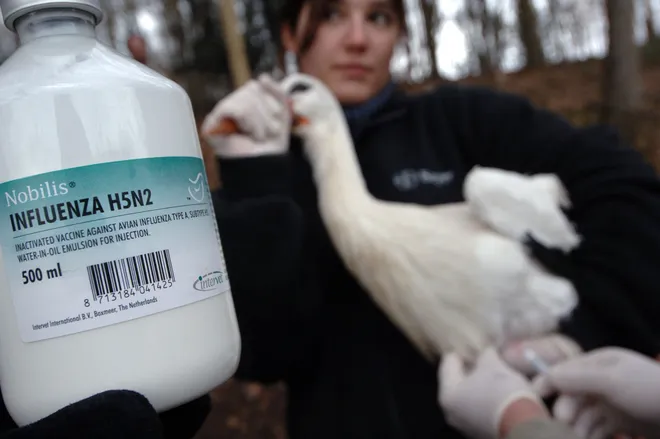The First Fatal Human Case:
In Mexico, a person recently died from the H5N2 virus or Avian Influenza, as confirmed by the WHO. This strain has never been seen in humans before. It is still unclear how the man might have contracted the virus, however, it was found in poultry in Mexico.
According to the World Health Organization, a 59-year-old person who was infected with a bird flu variant was hospitalized in April and later died after experiencing symptoms such as fever, shortness of breath, diarrhoea, nausea, and general discomfort. The individual had existing health complications but no history of exposure to poultry or animals.
The World Health Organization states that Animal Influenza viruses typically circulate in animals but can also affect humans. Infections in humans have mainly been acquired through direct contact with infected animals or contaminated environments. Depending on the original host, influenza A viruses can be categorized as avian influenza, swine influenza, or other types of animal influenza viruses. Bird flu has been spreading rapidly across farm countries in the US as well as parts of Europe, but there have been few fatal cases.
What is Avian Influenza A (H5N2)?
The strain is a subtype of the Influenza Virus A species. The death of the Mexican man is the first confirmed human case of the H5N2 bird flu globally. However, previous human cases have been reported for other H5 subtypes, including A(H5N1), A(H5N6), and A(H5N8) viruses. Currently, there are no specific vaccines to prevent influenza A(H5) virus infection in humans. In March 2024, a highly pathogenic avian influenza A(H5N2) outbreak was detected in a backyard poultry farm in the state of Michoacán, which borders the State of Mexico where the case was residing.

WHO's Suggestion:
Laboratory tests are necessary to diagnose human influenza infections. The World Health Organization (WHO) periodically updates technical guidance protocols for the detection of zoonotic influenza using molecular methods, such as RT-PCR. Evidence suggests that certain antiviral drugs, such as neuraminidase inhibitors (oseltamivir and zanamivir), can reduce viral replication duration and improve survival rates, as confirmed by the WHO.

In Conclusion:
The Ministry of Health in Mexico stated on Wednesday that all samples taken from identified contacts have tested negative for H5N2. As of now, there have been no additional human cases of A(H5N2) infection associated with this particular case. The Health Authorities are closely monitoring any signs that indicate the rapid spread of the disease from one person to another.
Inputs: Agencies
Image Source: Multiple agencies
© Copyright 2024. All Rights Reserved Powered by Vygr Media.



















